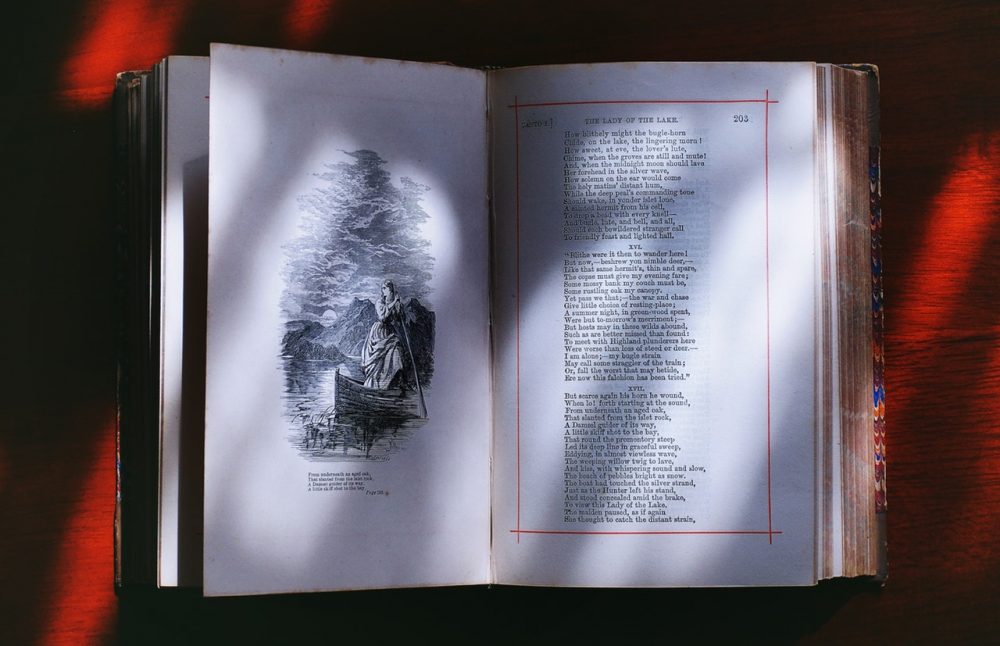Wars may have changed in style since World War II, but the inner longings of those who fight them hasn’t. The passions of these people are reflected in letters and poems to their families which are bound by no time or place.
During the First World War the paper, ‘Times of London’ was receiving 100 poems a day for publication. Soldiers, officers, nurses, doctors and families back home all knew how to write poetry, with many testifying to the fact that they survived the war because of poetry written for them.These poems were anything, from love to war to loss to nature, religion or something else.
How to Write Poetry that Matters to You
There are so many different types of poetry. If you are fairly new to writing and you want to learn to write cool poems, stick with simple poetry that has few rules.
The starting point for writing awesome poems is simply the world we see around us.
Where to Find Ideas for How to Become a Poet
• Ideas for becoming a poet abound online. Articles on becoming a poet and learning how to write a poem come with additional links to examples of poems which illustrate the points the Internet article is making.
• You’ll find plenty of books to read on the topic too at the library or on the Internet. You don’t get more simpler than choosing a book with the title ‘How to Write Poetry’ and there are books with precisely this title available to you.
• Books inform you how to write a poem the right way, how to rhyme with couplets, how to impress people with your original poems, how to write personal poems and even how to think like a poet! You can’t get much easier than such a simple but effective step-by-step writing guide.
• There is even a book ‘What Is Poetry’ written by poet Michael Rosen. He has spent decades studying poetry and in his helpful guide he helps children in the 21st century develop an appreciation for poetry as they embark on their own personal poetic journeys.
Most poets express emotions and ideas through the use of verse, and their love of poetry started when they were children learning nursery rhymes at school.
Although many people still associate poetry with words that rhyme, other poetry writing styles can also be used to convey a poignant message. Poem writing skills will provide you with information about why rhyming is an important tool, but also why some poets intentionally choose rhymes that don’t actually rhyme.
You could learn to write a poem by pursuing a post-grade 12 education to improve your skills. Once you’ve become good enough to even be called a poet, you will want to market yourself for writing books or writing for a greeting card company.
Poetry Writing Guide – Answers all the Questions You want to Ask
Many colleges don’t offer degrees focusing solely on poetry. Perhaps enrolling in a creative writing program can provide the background you need to grow as a poet. Such a program wouldn’t however be as focused as other writing degrees such as journalism.
While formal education can most certainly improve your poetry writing skills and open doors to career possibilities, some people opt to develop poetry skills with a simple poetry writing guide found on-line. Would-be poets will love these guides as they stimulate creativity, teaching them to write a poem out of nothing.
Poem Writing Skills for a Powerful Poem
Whether you’re a novice or you want to improve as an established poet, there are so many techniques to writing a powerful poem. A guide on how to improve poetry will provide hints and advice on what your poems could be about, what common poetry problems new poets could encounter and deciding on the right form for your poetry.
Basics on what a Poetry Writing Guide can Offer
Techniques and advice for writing a poem will include –
• How to write a sonnet or limerick.
• How to write letter poems.
• Writing serious and funny poems.
• Teaching haiku, senryu and other forms of poetry – writing poetry from foreign countries.
• How to write about abstractions such as love and death.
• How to write a narrative poem or ballad such as what was used in the war as previously mentioned.
Writing skills for students interested in writing poems will always also include free verse, synonym poems as well guides on actually meeting the standards of an established poet. All of these can contribute to you writing poetry with confidence and joy.
After you’re done learning, your poems will pique interest in reading and writing poetry for many would-be poets.
You’re the kind of person who longs to experience and express everything your eyes see? A true poet believes that nothing can create a more eloquent and enduring affirmation of life than a beautifully written poem.

